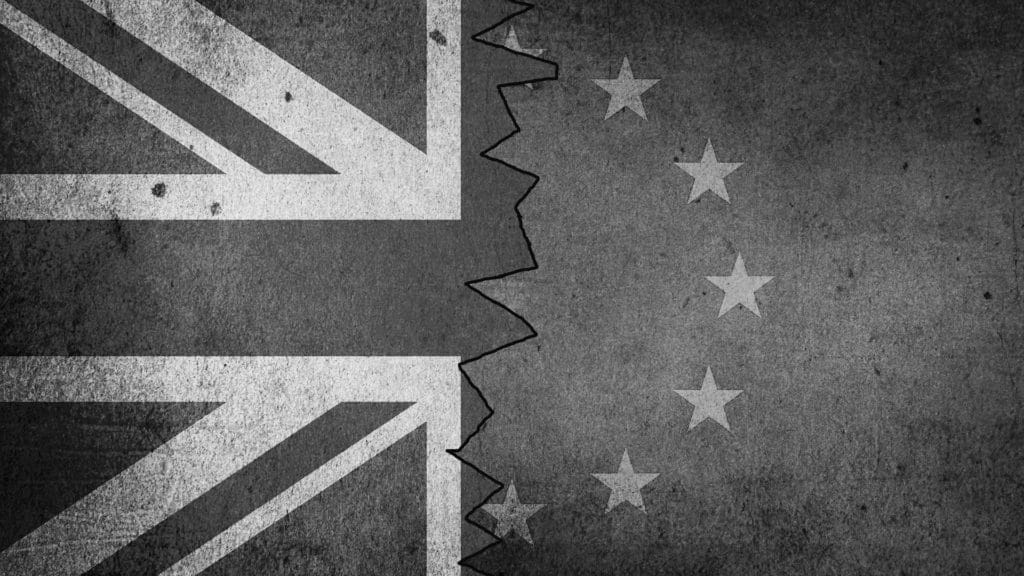It was like Christmas never happened. Holyrood and Westminster were back in business this week, with Brexit still top of the agenda. Natalie Mauchline looks back at the week’s big developments.
Brexit heats up in the Commons
It has been a tumultuous week at Westminster, with the Christmas break already feeling like a distant memory, as Parliament attempted to take control of the Brexit process. Early in the week, Theresa May faced pressure from 200 MPs demanding that a no-deal Brexit be taken completely off the table. The debate on the Withdrawal Agreement also recommenced, with the Government suffering two substantial defeats on the Finance Bill and the Grieve Amendment. In a speech in Wakefield, Jeremy Corbyn argued that only a General Election could “break the deadlock” in Parliament and called for Theresa May to “let the people decide” on whether her Withdrawal Agreement should be enacted. Things look unlikely to calm down as the pressure builds in the run up the meaningful vote due to take place on Tuesday 15 January.
Immigration in Scotland
Resistance to Brexit continued in Holyrood, where Fiona Hyslop delivered a statement on immigration. She described the UK Government’s proposals for a future immigration framework as “retrograde” and detrimental to Scotland’s interests. The areas of most concern were the proposed tier-2 visas that would set a high salary threshold for most EEA-nationals as well as the loses Scottish workers would face from an end to the right to work in the EU. The entire chamber expressed misgivings regarding the possible downward trend of immigration, including a hit to Scotland’s agriculture and tourist industries. A possible increase in human trafficking as a result of tougher immigration policies was also raised.
Concern grows across UK
With 77 days to go until the UK leaves the EU, stakeholders from across the UK continue to step forward to express concerns. The British Chambers of Commerce’s quarterly economic survey found the economy ended 2018 in a weak position, resulting from Brexit uncertainty, lack of consumer confidence and outside economic pressures. The group said this was harming growth and business confidence. Meanwhile, the UK’s farming unions wrote a letter to MPs urging them to “take all the necessary steps” for Britain to avoid a no-deal Brexit which they say could have “catastrophic impacts” for the food and farming sector. In Scotland, local authorities voiced concerns over funding for infrastructure projects after Brexit. Currently, under a development programme for peripheral areas, the highlands and islands receive funding from the EU and councils still do not know how much of this support they will continue to receive. The main trend is of course the fear of uncertainty and, therefore, the inability to plan. Hopefully, by this time next week, the picture will be clearer.



